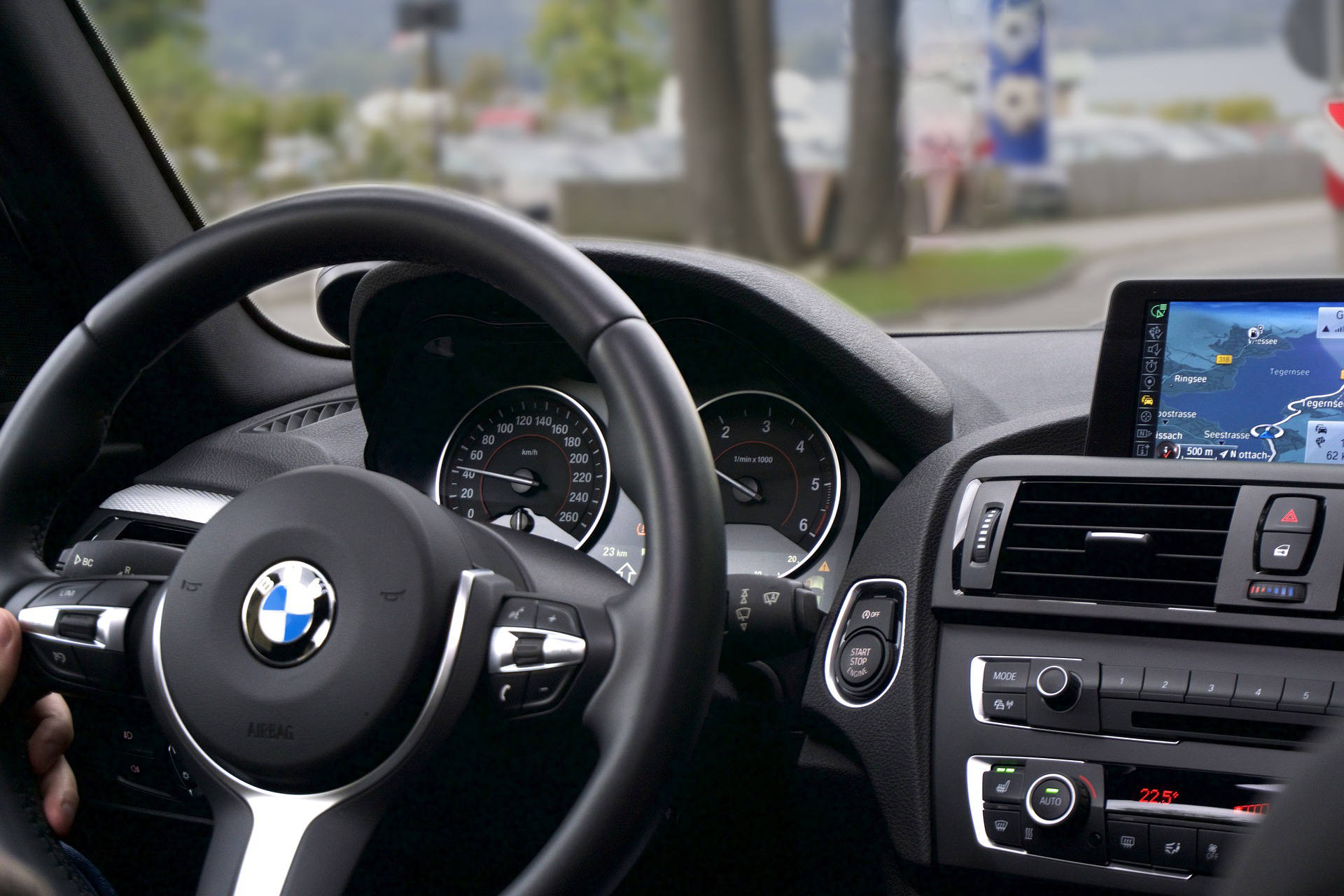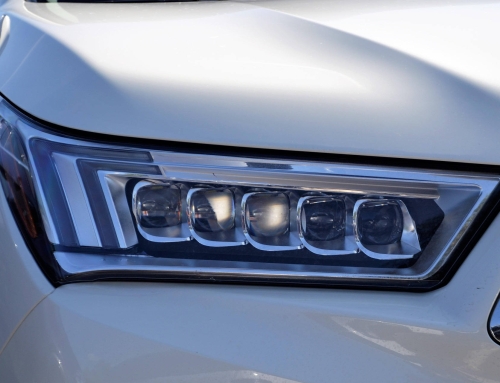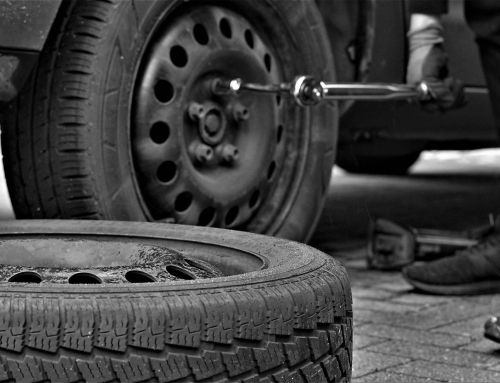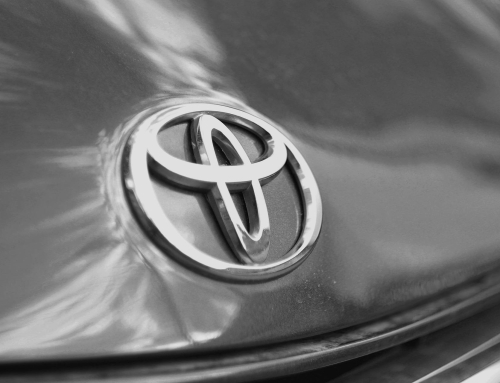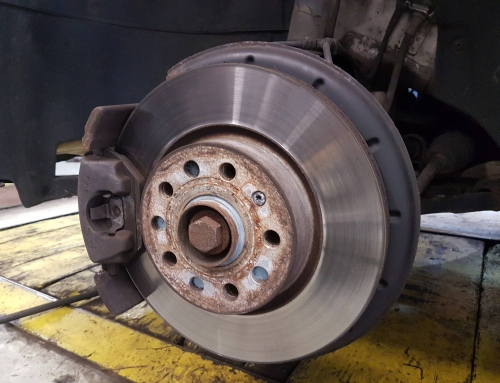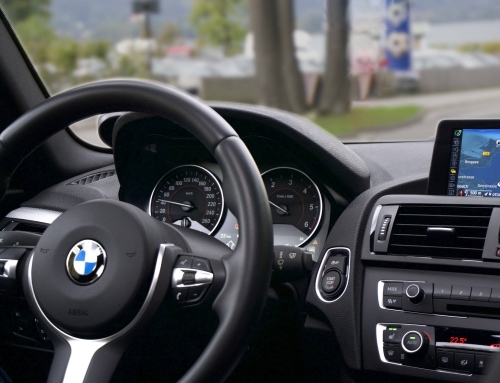If your car isn’t starting as quickly as it used to or shuts down shortly after starting, your car battery might be the culprit. Early detection of the signs the battery is failing is crucial to avoid being stranded with a dead battery. Here’s how you can identify if your car battery is failing and what you can do to ensure it lasts as long as possible.
Contents
Signs of a Failing Car Battery
Your Battery is Likely Old
Car batteries typically last between three to five years. If your battery hasn’t yet been replaced recently, it might be reaching the end of its lifespan. Measuring its voltage level is an easy way to check the battery’s health. A healthy battery should have a voltage of 12.6 or higher. If it falls below this threshold, it’s time for a replacement. However, before rushing to replace it, getting it checked by a professional to confirm its condition is always a good idea.
Morning Struggles with Starting Your Car
Difficulty starting your car in the morning is often one of the first signs of a failing battery. Cold mornings, in particular, can be harsh on an aging battery. If your car struggles to start regularly in the morning, it might be time to consider a new battery.
Frequent Jump Starts
If you find yourself jump-starting your car more often than usual, it indicates that your battery is on its way out. A healthy battery should hold a charge and allow the car to start without needing a jump. Frequent jump starts indicate the battery is in need of replacement soon and cannot hold enough charge to sufficiently run the vehicle.
Slow Engine Turnover
When your engine takes longer to turn over, it might be due to insufficient battery power. While other issues could cause this problem, if it occurs alongside the other symptoms mentioned, your battery is likely the culprit.
Unpleasant Smells and Bulging Case
A foul smell, often resembling rotten eggs, coming from your battery is a sign that it emits sulfuric acid, which occurs when the battery dies. This can not only damage your car but also create a fire hazard. Additionally, if the battery case is bulging, the cells inside are swollen and about to rupture, another severe safety concern. These symptoms indicate that it’s time for an immediate battery replacement.
Common Causes of Battery Drain
A dead car battery is more than an inconvenience; it can be avoided if you understand its causes. Here are some common factors that can drain your car battery and what you can do to prevent them.
Leaving Your Headlights On
One of the most common reasons for a drained battery is accidentally leaving the headlights on. Many newer vehicles have automatic systems that turn off the headlights after a certain period. Still, if your car doesn’t have this feature, your headlights may stay on until the battery is completely drained.
Parasitic Draws
Even when your car is off, the battery still provides power to systems like the clock, radio, and alarm. However, interior lights, door lights, or faulty relays can cause a parasitic draw, draining the battery while the car is off. To avoid this, ensure all lights are off, and doors are fully closed when you leave your car.
Loose or Corroded Connections
The terminals on the battery loosen over time or may become corroded. These cause a poor connection that results in difficult starting the car. The battery cannot transmit power properly, potentially damaging the vehicle’s electronic components.
Extreme Temperatures
Extreme cold or heat can weaken your battery, especially if it’s older. When the weather is cold the battery has a harder time providing the necessary power to start your car, while excessive heat can cause the battery to overheat and fail.
Bad Alternator
Your car’s alternator helps recharge the battery while driving. If the alternator isn’t working correctly, the battery might not recharge properly, leading to a weak or dead battery even after driving.
Frequent Short Drives
Short trips don’t give your battery enough time to recharge fully. Repeatedly starting your car and driving only short distances can discharge the battery without giving it a chance to recharge, shortening its lifespan.
Prolonged Inactivity
If your car sits for long periods without being driven, the battery can drain due to the ongoing power demands of modern vehicle electronics. This is especially true if the battery is already weak or old.
Tips for Extending Your Battery’s Life
Avoid Short Trips
Avoid frequent short trips to help extend your battery’s life. Driving longer distances gives the alternator enough time to recharge the battery fully.
Keep Battery Terminals Clean
The battery terminals can be cleaned and corrosion prevented with regular inspection. This can increase electrical resistance, and make the battery work harder than necessary.
Secure Your Battery Properly
Ensure that your battery is tightly secured in its mounting bracket. A loosely connected battery can suffer from excessive vibrations, leading to internal damage and shortened battery life.
Turn Off Accessories
When starting the car, turn off accessories like seat warmers and air conditioning to conserve battery power. Also, be sure to unplug and turn off any devices when the car is off to avoid parasitic drains.
Regular Maintenance
Regular vehicle maintenance is crucial for extending your battery’s life. Have your charging system inspected by a qualified technician to ensure everything is functioning correctly.
Knowing more about your car, and specifically the things that may unnecessarily drain the battery and following these preventive measures, you can maximize the life of your car battery and avoid the inconvenience of a dead battery.

